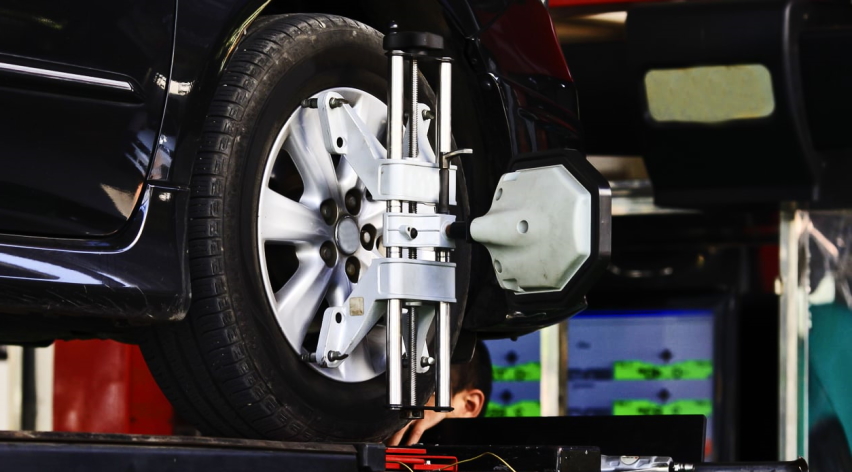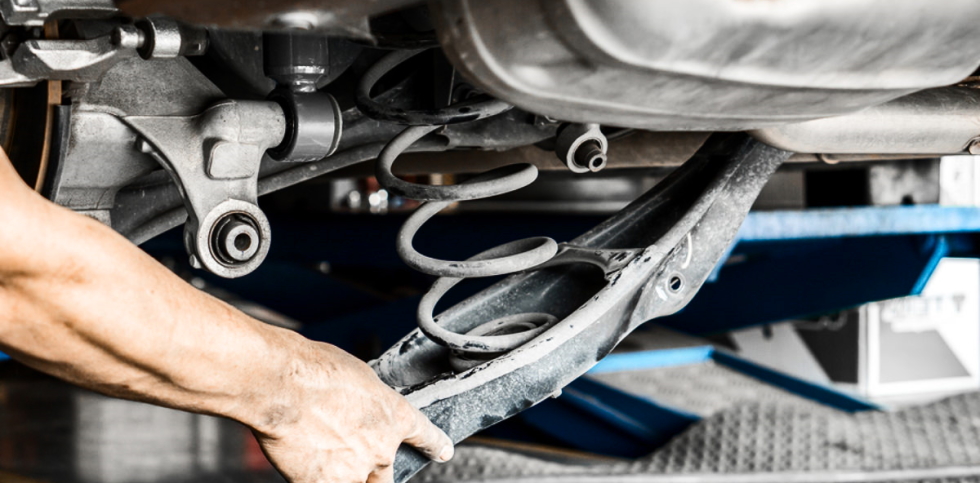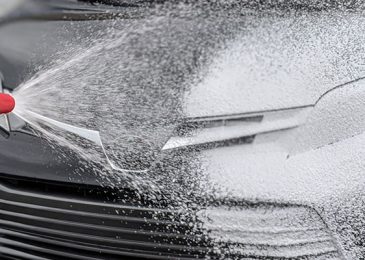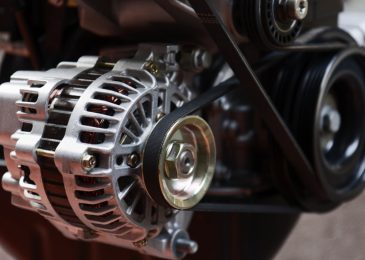If you’ve ever had your vehicle serviced, you may have noticed that the technician has taken out some of the suspension and checked it for noise. This is a standard procedure to determine if there are any problems with the suspension. Here we’ll go over what causes suspension noise and how to diagnose it, so you know if it’s time for an upgrade or repair.
Noise pollution is a major issue in today’s society, and it affects so many people. When you’re driving, the suspension system can produce an annoying noise that can be hard to notice or figure out the source of the sound.

Different suspension noises and how you can fix them
Loud suspension noise in your vehicle can be an indication that the vehicle needs some work. The sound is often caused by worn-out struts or springs, but it could also result from loose parts inside the shock absorber. A qualified technician will need to inspect your vehicle for more specific information on what may be causing the loud suspension noise.
First, when your car is making a squeaking noise, it’s because of the brake pads rubbing against the rotors or drums. This problem can be solved by replacing worn-out brake pads with new ones. Second, if you hear a clicking sound from your front end every time your car goes over a bump in the road, that means something needs to be tightened up under there, like bushings or ball joints that may need to be replaced for this problem to go away. Finally, if you hear a clunking sound while driving on uneven roads, then it could mean one of your shocks might have gone wrong and need to be replaced soon before it starts to ruin.

Knocking and creaking suspension
Men are often up for a challenge, whether it’s completing a difficult task or figuring out how to change the oil in their car. But what about finding suspension noises? If you’re not sure where these noises are coming from, here’s what you need to know to solve this mystery!
The first step is identifying the noise. It can be one of three things – tires rubbing against something on the ground, brake pads hitting the wheel drums, or vibrations that are transferred into your body via an object like air conditioner pipes. Once you’ve identified which type of noise it is, different solutions depending on which one it may be. For example, if your tire rubs against something when driving over bumps, add some more air pressure.
It is important to find out what suspension noises are and how they are different from other sounds. Suspension noises have a higher frequency than most other noise sources, making them difficult to hear. It is important to know the difference between these sounds to get your vehicle serviced before an issue becomes more serious.





